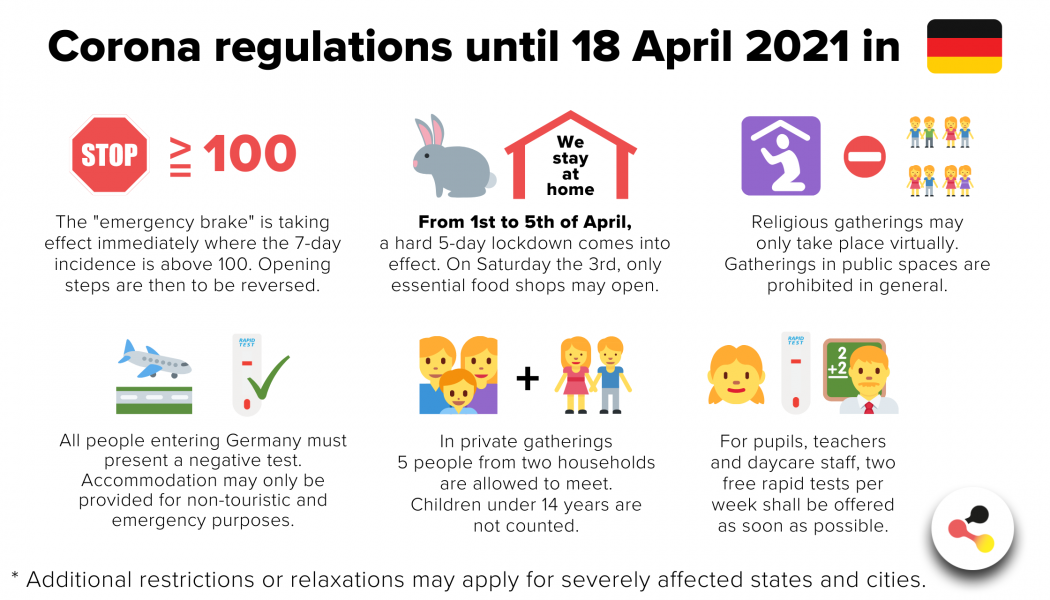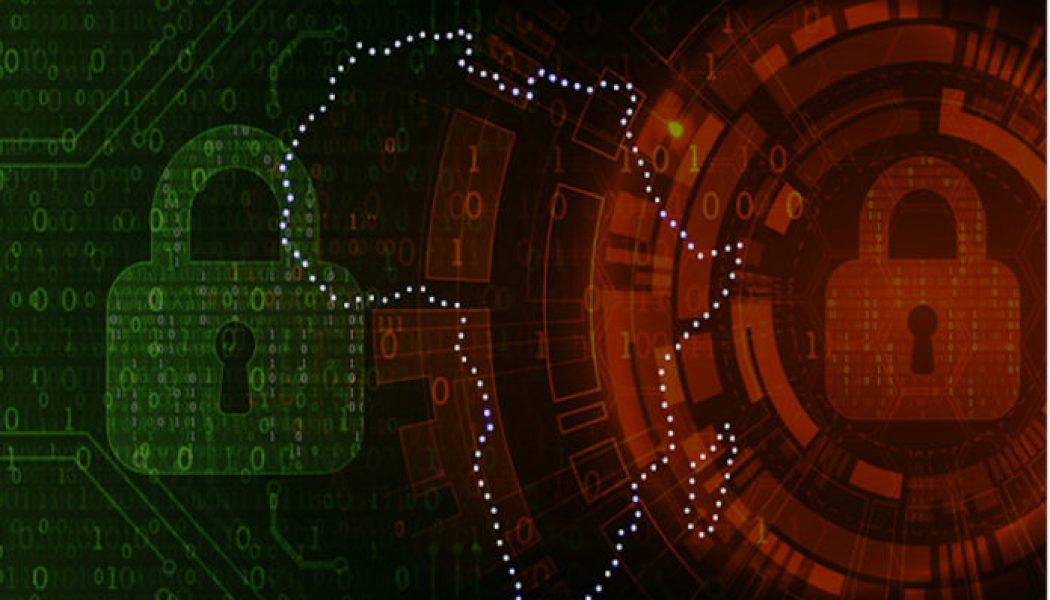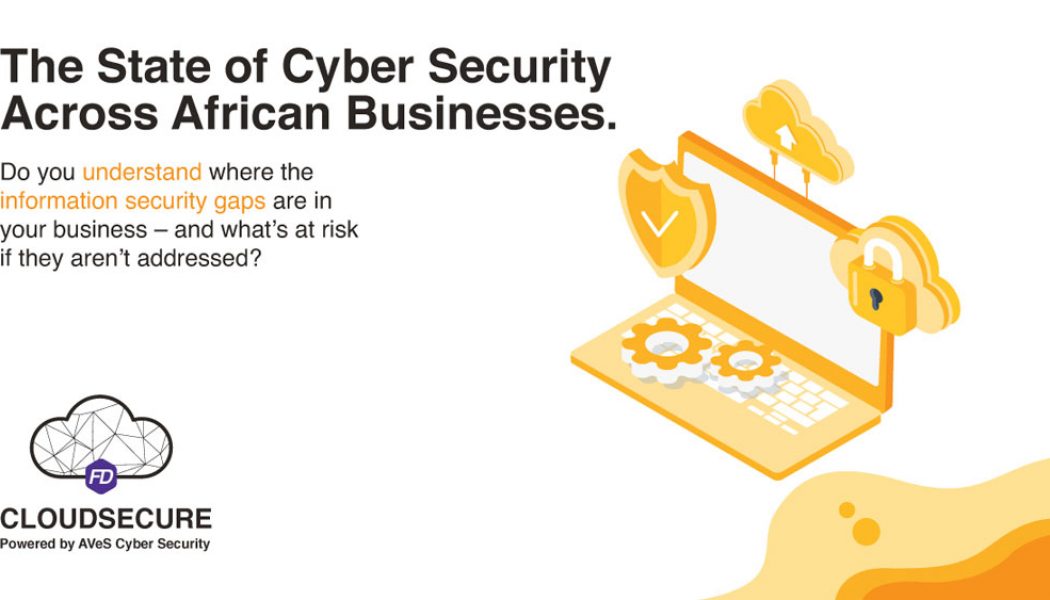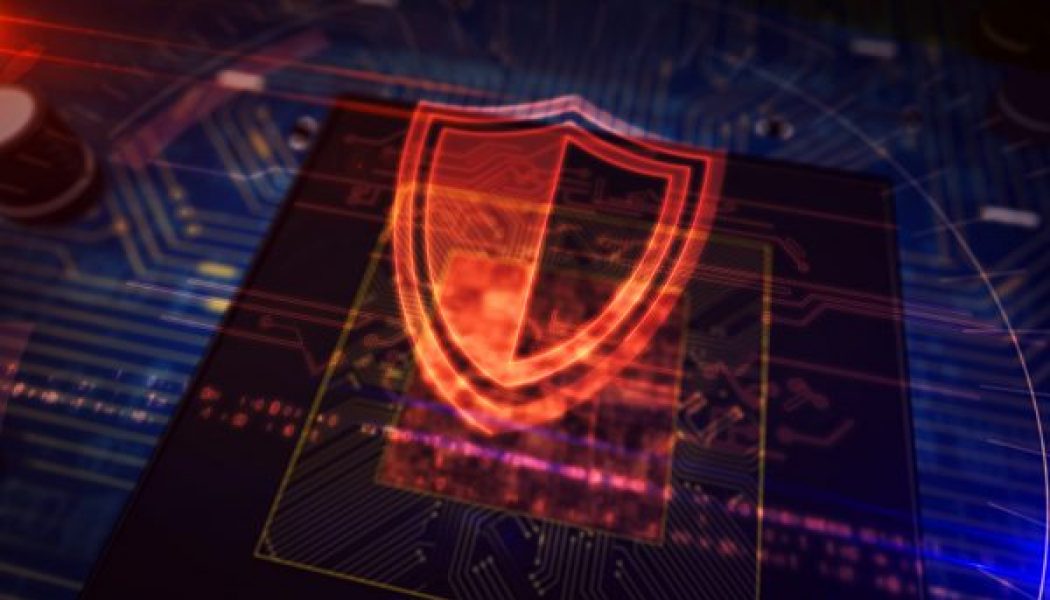Cybersecurity in Africa
Here’s How Many Mobile Users in Kenya and Nigeria are Affected by Stalkerware
Stalkerware affects one out of every 100 mobile users in Kenya and Nigeria, according to Kaspersky Research. The same report reveals that similar malware impacts every four out of 100 South Africans. “Even though these numbers might seem low, especially when it comes to stalkerware, it bears mentioning that this form of attack is focused on specific individuals,” says Lehan van den Heever, Enterprise Cyber Security Advisor for Kaspersky in Africa. “So, unlike general malware that is distributed on a massive scale, stalkerware is a more personal crime that has life and death consequences for the individual affected, for example, a perpetrator can track down their estranged partner with ill intentions, or human trafficking rings targeting children.” Amongst other things, stalkerware can enab...
How Companies Should Deal with the Threat of Cybercrime
Sourced from International IDEA Cybercrime is on the rise and South African C-suites would do well to ensure that they have up-to-date and appropriately resourced strategies to deal with its threat. The pandemic showed us that while land and sea borders can be shut, in the digital village this is not possible, and more importantly, in many instances, it is unclear where these attacks originate. The definition of cybercrime perhaps holds the key to who should take it seriously. Cybercrime is defined as criminal activities that are carried out by means of a computer or the internet. Anyone who uses a computer that is connected to the internet should have a cybercrime strategy in place. No matter where you are in the world, if you let your guard down you are at risk. Everyone needs to be resp...
Fixing Your Cybersecurity Issues 1 Next-Gen Firewall at a Time
Stefan van de Giessen, General Manager: Cybersecurity at Networks Unlimited Africa When did you last check your firewalls as a barrier to entry against cybercriminals? And, perhaps more importantly: does your organisation still rely on a legacy firewall, or has it upgraded to a next-generation firewall (NGFW)? And have you considered the ‘Broken window’ principle when looking at your internal cybersecurity posture, in order to have a positive effect on your business processes? These questions are posed by Stefan van de Giessen: General Manager: Cybersecurity at Networks Unlimited Africa, who says, “The broken window theory rests on the idea that a neighbourhood or community that appears to be orderly and well-kept will be less susceptible to crime. Conversely, one that has many broken wind...
Is Africa a Goldmine of Cybersecurity Opportunities?
Sourced from IDG Connect Africa presents a wealth of opportunities for startups and innovators looking to address cybersecurity risk across the increasingly digitised continent – according to Anna Collard, SVP of Content Strategy & Evangelist for KnowBe4 Africa. Collard goes on to say that cybersecurity presents an incredible market opportunity in Africa, with the number of Internet users soaring and demand for IT security skills growing rapidly. “Security skills and services are in high demand everywhere. The number of African Internet users will double to one billion by 2022, and global cybersecurity spend will top $170.4 billion in 2022. At the same time, cybercrime is estimated to cost the global economy a total of $6 trillion by next year, and cybercriminals’ interest in Africa is...
The State of Cybersecurity in Africa
Sourced from IDG Connect Modern technologies require a certain level of skills when it comes to accessing information. While most countries have strict laws about internet security, countries all across Africa are falling behind the rest of the world. The digital era has brought many new forms of communication. Sadly, some use technology to steal information and compromise entire state governments. Africa is currently one of the fastest developing areas globally, and it’s estimated that over 1 billion Africans will have internet access by the end of 2022. That puts many people in danger as cybersecurity laws are still waiting for confirmation across the continent. Let’s take a look at the current state of things in Africa. Trends in Cybercrime Many countries in Africa face enormous challen...
Why Organisations Need to Strengthen their Cyber Defences
At the start of 2020, very few people would have predicted the events that unfolded. The COVID-19 global pandemic caused unprecedented changes to all of our lives and has reshaped our entire working culture. From the accelerated pace of digital transformation and move to the cloud to the increased use of collaboration tools, cybercriminals looked to take advantage of these rapid and widespread changes for their own purposes. This week, Experian – a consumer credit reporting company, says it has experienced a breach of data which has exposed some personal information of as many as 24 million South Africans, and 793, 749 business entities, to a suspected fraudster. This is one of the many criminal cyber-attacks, exploiting the COVID-19 pandemic to target organizations and individuals across ...
Massive Rise in Cybersecurity Awareness Across Nigeria, Kenya and South Africa
Sourced from IDG Connect Nearly two thirds (66%) of remote workers in Nigeria, Kenya and South Africa say they are more conscious of their organisation’s cybersecurity policies since the lockdown began – according to a new study from Trend Micro. However, it might be too early for businesses to breathe a sigh of relief, as the results also found that lockdown does not necessarily apply to employee cybersecurity habits, as risky behaviours persist. The study – which questioned over 13,000 remote workers across 27 countries, including 508 respondents from Nigeria, Kenya and South Africa on their attitudes towards corporate cybersecurity and IT policies – indicates that there has never been a better time for companies to take advantage of heightened employee cybersecurity awareness to crack d...
- 1
- 2

















